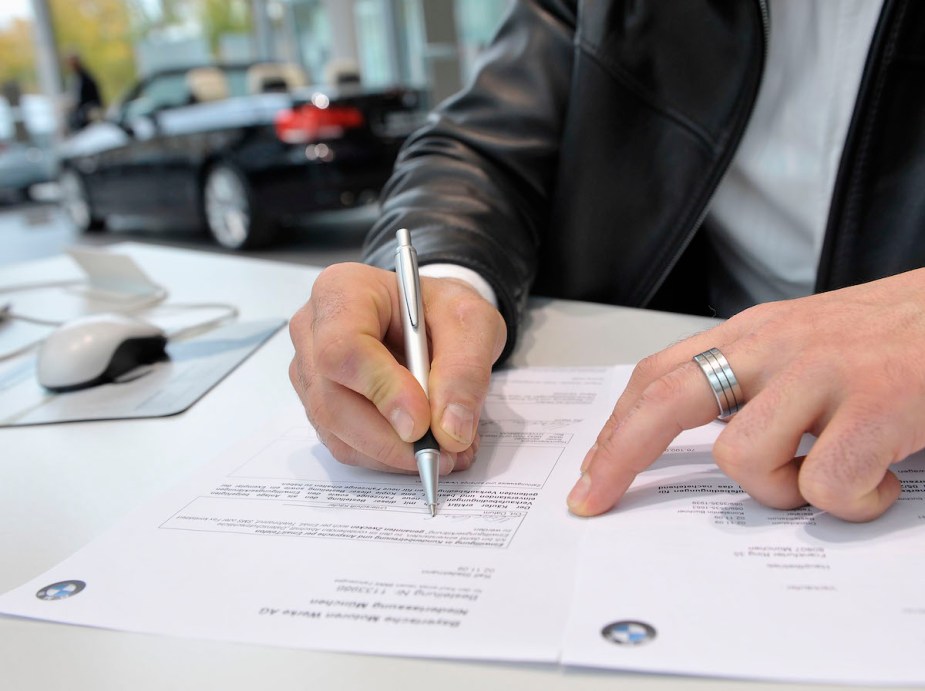
Can You Return a Car Just After You’ve Bought It?
Just like buying a new home, taking on a new a car is a huge decision. If you start having second thoughts about your new or used vehicle purchase, you may be wondering if there’s a way to return the car after you’ve bought it. So, is there a return period on a car? Let’s find out.
Can I return car I just bought?
According to Autotrader, “You can’t return a car just because you changed your mind about it or because the salesman was pushy unless it’s written into the sales contract that you can.” When you buy a vehicle, it loses value as soon as you drive off the lot. That immediate depreciation plays a major role when it comes to consumer protection laws surrounding auto sales. In addition, federal law doesn’t require dealerships to provide car buyers the right to cancel a transaction. That said, state laws may vary. So you’ll want to conduct research before you buy.
Lemon laws are the most common exemptions though. These laws will allow you to return a flawed vehicle and receive a full refund from the automaker.
What happens when you return a financed car?

If you need to return a financed car, it is usually at the dealer’s discretion and not a state or federal law. A dealership’s return policy is usually only applied to used cars. Lemon laws, on the other hand, will allow you to return new cars, trucks, or SUVs that have major mechanical issues. You will get a full refund from the manufacturer, and it also includes financed cars.
How long do you have to change your mind after buying a car?
Bankrate states, “A few dealerships have return policies. For example, CarMax has a 30-day return policy. If you don’t like the car, you can exchange it for one you like or get a refund. In addition, some dealerships have exchange programs where you have a limited number of days to exchange the vehicle.” One of the best things you can do is to get the dealership’s return policy in writing, so you will have the terms and conditions on hand.
So, what’s the bottom line?

As mentioned earlier, we know that buying a car is a big decision. Before you step foot on the showroom floor, be sure to do your own research from home. You may want to look up the dealership’s return policy and read reviews about the car you’re interested in. Once you are at the dealership, don’t be afraid to ask questions about policies and for detailed explanations of the documents you are asked to sign. If you are not able to return the car for any reason, you’ll be stuck with a vehicle you don’t really love.
If you need to get rid of the car, you can sell it or file a lemon law claim. You may also be able to refinance the vehicle, so you can make lower payments on your auto loan. If you cannot afford the loan at this time, you can ask for voluntary repossession – keep in mind that this choice may impact your credit score significantly.



